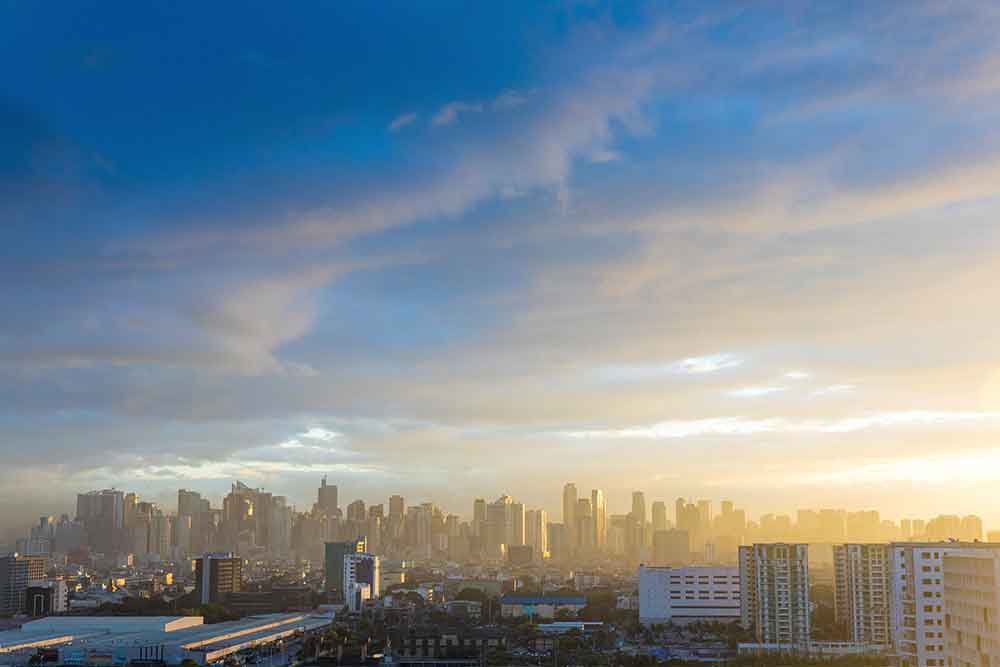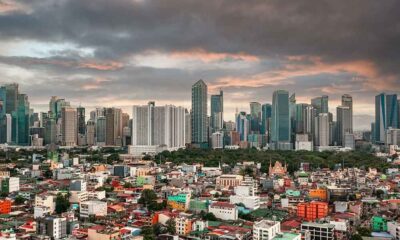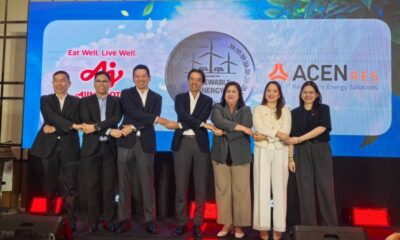Economy
Philippines Must Strengthen Growth Drivers, Says NEDA


The National Economic and Development Authority (NEDA) stresses the urgent need for the Philippines to boost investments and improve exports to build a strong and resilient economy.
At the Economic Journalists Association of the Philippines (EJAP) Mid-year Economic Forum, NEDA Secretary Arsenio M. Balisacan noted that the Philippine economy has mainly relied on household consumption and services for growth.
Unlike neighbors such as Vietnam, Thailand, and Malaysia, the Philippines has not focused enough on investments and exports.
“While we continue to buoy consumption and enhance services, we must reinvigorate the other pillars of economic growth — investment and exports, particularly manufacturing and agribusiness — to sustain growth and make it more resilient in the years and decades to come,” Balisacan said.
The decline in the manufacturing sector’s share of GDP has hurt the country’s efforts to reduce poverty.
Balisacan stressed the importance of the export and manufacturing sectors, which provide stable, well-paying jobs for unskilled or semi-skilled workers.
“Our economy’s dependence on one pillar of growth—final consumption on the demand side and services on the supply side—limits its capacity to generate high-quality jobs through investment, access trade-facilitated innovations and modern processes as foundation for productivity growth, and seize opportunities for growth from the rapidly expanding markets beyond the country’s shores,” he explained.
Balisacan and other economic officials outlined reforms and policies aimed at creating a supportive environment for investments. They remain optimistic about the country’s prospects, expecting these initiatives to yield results soon.
“Thus, you may have noticed that the theme that runs across our presentations remains the same: first, that we have built on the hard-won reforms of past administrations, and the key elements are already in place; and second, that the Philippine economy has never been more ready to take off and realize its immense potential across all of these growth drivers,” Balisacan said.
Balisacan concluded with three strategies for sustaining economic momentum: sticking to the plan, recalibrating when necessary, and focusing on high-impact actions.
Joining Balisacan at the forum were Special Assistant to the President for Investment and Economic Affairs Secretary Frederick D. Go, Finance Secretary Ralph G. Recto, Bangko Sentral ng Pilipinas Governor Eli M. Remolona, and Budget and Management Undersecretary Joselito R. Basilio.
The forum’s theme was “Future-Proofing the Philippine Economy: Policies and Strategies.” (ASC)
































